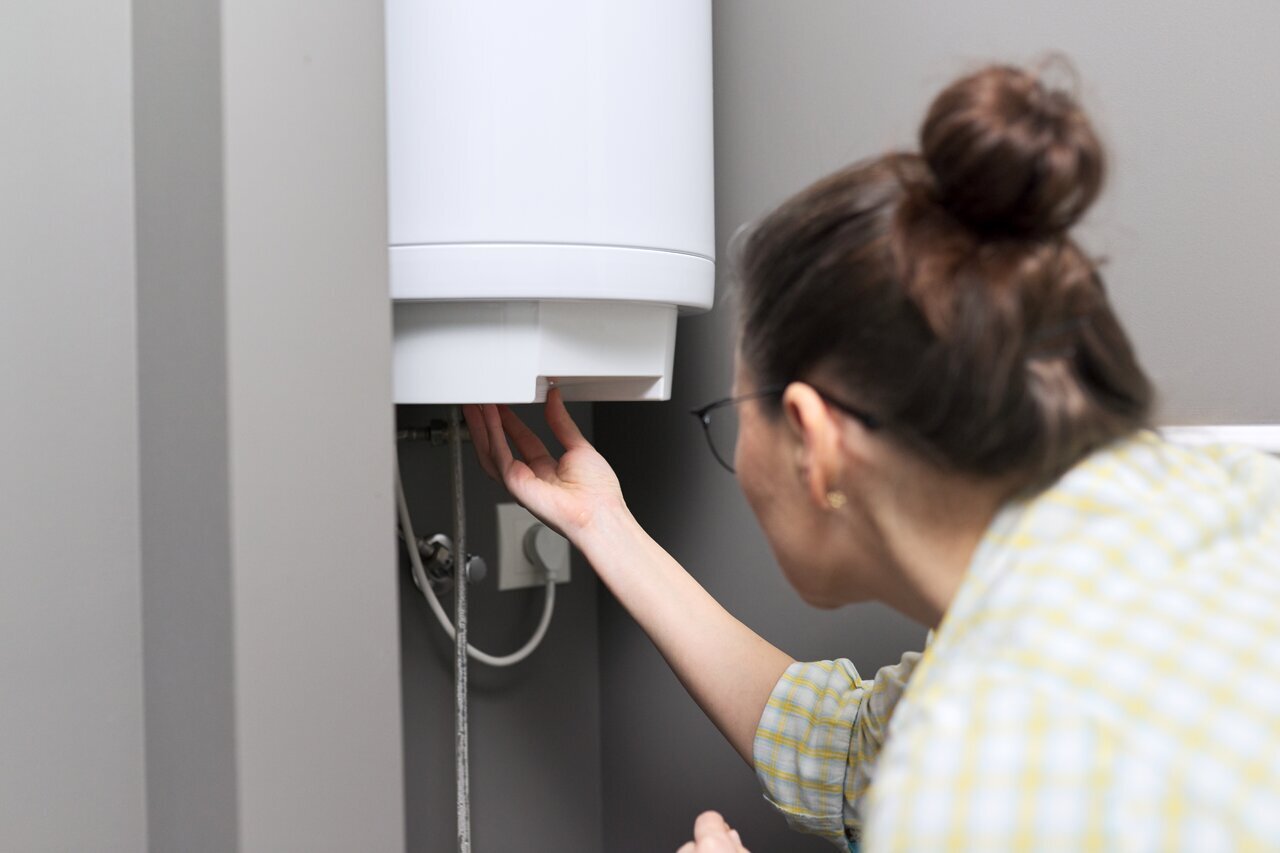Switching to a tankless water heater can offer various benefits for your home. For many homeowners, the top advantage is saving money. Traditional water heaters keep a large tank of water hot all the time. This uses a lot of energy. Tankless water heaters, on the other hand, heat water only when you need it. This can lead to significant savings on your energy bill.
Besides lowering your monthly costs, tankless water heaters have other perks. They tend to last longer than traditional models, reducing the need for replacements. They also take up less space, providing more room in your home. Additionally, many tankless water heaters come with long warranties, offering peace of mind.
Environmental benefits are another factor to consider. Since tankless water heaters are more energy-efficient, they reduce your carbon footprint. Some areas even offer incentives for homeowners who make the switch. With all these benefits, it’s worth exploring how a tankless water heater can save you money and help the planet.
In this article, we’ll take a close look at the various ways a tankless water heater can help you save. From energy efficiency to maintenance costs, we will cover all important aspects. By understanding these factors, you can make an informed decision for your home and budget.
Energy Efficiency and Cost Savings
Tankless water heaters are well-known for their energy efficiency. Unlike traditional water heaters that constantly heat a large tank of water, tankless models heat water on demand. This means they use energy only when you need hot water, which can significantly reduce your energy bills. According to experts, switching to a tankless water heater can save the average household up to 30% on energy costs. This is because there’s no standby heat loss – energy wasted keeping water hot in a tank. Additionally, tankless water heaters often have higher energy efficiency ratings, further contributing to savings.Here’s how these savings add up:
- Lower Monthly Bills: With reduced energy use, your monthly utility bills will be lower. Over time, these savings can make a big difference.
- Efficiency Gains: Tankless water heaters are generally more efficient because they don’t have to reheat water that cools off in the tank. This contributes to overall energy savings.
Initial Costs and Installation Fees
While tankless water heaters offer long-term savings, the initial costs can be higher than traditional models. It’s important to consider these upfront costs when deciding if a tankless system is right for you.Upfront Equipment Costs:
- Price Tag: Tankless water heaters are generally more expensive to purchase than traditional tank water heaters. A typical tankless unit can cost anywhere from $800 to $3,000, depending on the brand and model.
- Quality Matters: Higher-end models with advanced features tend to cost more, but they can offer better efficiency and longer life spans.
Installation Costs:
- Professional Installation: Because tankless water heaters require specific installation procedures, professional installation is a must. The cost for installation can range from $1,000 to $3,000, depending on your home’s plumbing and electrical setup.
- Upgrades Needed: Sometimes, additional upgrades are required, such as new piping or electrical work, which can add to the overall installation costs. Make sure to get a detailed quote from your installer to understand the full scope of work and expenses.
Maintenance and Longevity Benefits
One of the major advantages of tankless water heaters is their longevity and lower maintenance requirements. Traditional tank water heaters typically last about 10-15 years, whereas tankless models can last up to 20 years or more with proper maintenance.Longer Lifespan:
- Durability: Tankless water heaters are built to last. Their design reduces the risk of rust and corrosion, which often leads to the failure of tank-style heaters.
- Investment Return: The extended lifespan means you won’t need to replace your water heater as often, offering better value over time.
Lower Maintenance Needs:
- Fewer Issues: With no tank to leak or rupture, there are fewer parts to worry about. This reduces the chances of unexpected repairs.
- Easy Upkeep: Basic maintenance includes descaling the unit once a year, especially if you have hard water. Some models even come with indicators to alert you when maintenance is needed.
Environmental Impact and Incentives
Installing a tankless water heater can also have positive effects on the environment. These systems use less energy, which can reduce your carbon footprint.Less Energy Consumption:
- Efficiency: Tankless water heaters operate more efficiently than traditional models by heating water only when needed. This reduces overall energy usage.
- Reduced Emissions: Using less energy can lower greenhouse gas emissions, making tankless water heaters a more eco-friendly choice.
Incentives and Rebates:
- Government Programs: Many regions offer rebates or incentives for installing energy-efficient appliances. Check with local utility companies or government websites to see if you qualify for financial rewards.
- Tax Credits: In some cases, you might be eligible for federal tax credits when you upgrade to a tankless water heater. These can help offset the initial installation costs.





